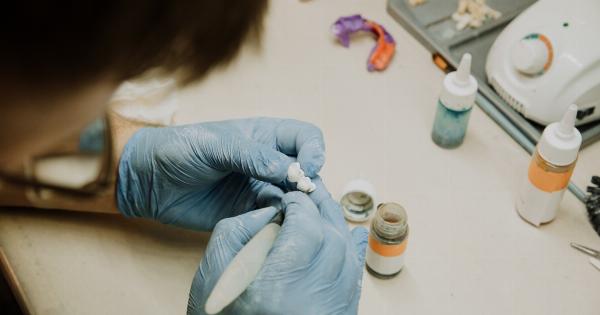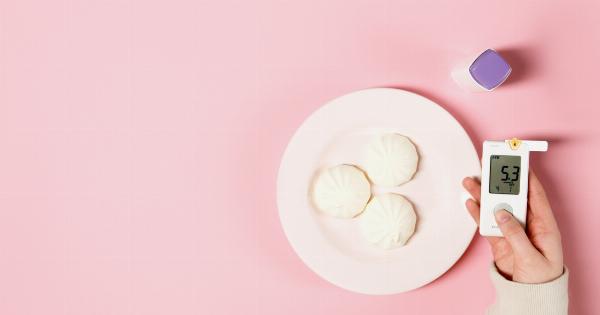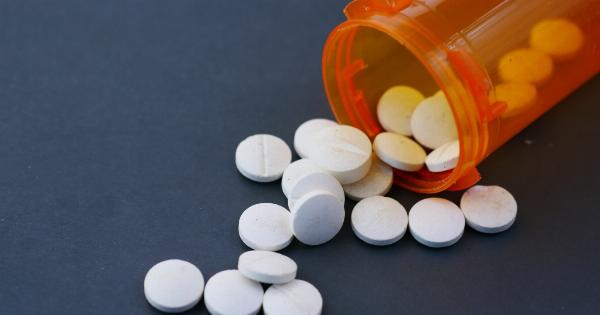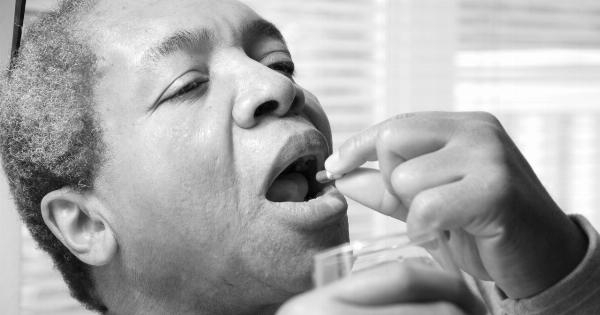Nurses play a significant role in the administration of medications to patients.
In nursing, administering drugs is a common practice that requires a comprehensive knowledge of the patient’s medical condition, drug interactions, and possible side effects. The effectiveness of drugs is, therefore, a critical aspect of nursing care. However, various phenomena may affect the effectiveness of drugs, leading to poor health outcomes in patients.
This article explores the impact of phenomena on drug effectiveness in nursing.
Phenomena that Affect Drug Effectiveness
Nurses must understand the different phenomena that affect the effectiveness of drugs to provide the best possible care for their patients. Some of these phenomena include:.
Pharmacokinetic Variations
Pharmacokinetic variations refer to the differences in how the body processes medication. These variations may be influenced by age, gender, body weight, and body composition, among other factors.
For instance, older patients typically have slower metabolism, leading to slower excretion of drugs from the body. As a result, medications may accumulate to toxic levels, leading to adverse drug reactions. Nurses should, therefore, adjust drug dosages based on patient characteristics to ensure optimal drug effectiveness.
Drug Interactions
Drug interactions occur when two or more medications interfere with each other’s effectiveness, leading to adverse drug reactions.
For example, some drugs may inhibit the enzymes responsible for breaking down other medications, leading to drug accumulation and toxicity. Nurses must conduct a thorough drug history assessment to identify possible drug interactions and avoid catastrophic health outcomes.
Placebo Effect
The placebo effect refers to the psychological effect of administering a non-therapeutic drug that leads to perceived health benefits.
Patients may experience a placebo effect when they believe the medication they are taking will cure their condition, even if the drug has no therapeutic effect. Nurses should educate patients on the limitations of placebo drugs and encourage them to adopt evidence-based treatments.
Tolerance and Resistance
Tolerance and resistance occur when a patient’s body becomes accustomed to a medication’s effects or when a pathogen becomes resistant to an antibiotic. This phenomenon may lead to decreased drug effectiveness and prolonged disease progression.
Nurses must monitor patients for signs of tolerance and resistance and adjust medication dosages accordingly.
Adherence and Compliance
Adherence and compliance refer to a patient’s ability to follow through with medication therapy. Non-adherence and non-compliance can lead to treatment failure and decreased drug effectiveness.
Nurses must assess patients’ ability to adhere to medication regimens and provide support to overcome any barriers to medication adherence.
Strategies for Improving Drug Effectiveness in Nursing
Nurses must employ various strategies to improve drug effectiveness and minimize the effects of phenomena that may compromise drug efficacy. Some of these strategies include:.
Thorough Drug History Assessment
Nurses should conduct a comprehensive medication history assessment to identify possible drug interactions and adverse drug reactions.
This assessment should include information on over-the-counter medications, herbal supplements, and recreational drugs. The information collected can improve medication safety and drug effectiveness in the patient.
Individualized Medication Therapy
Nurses should tailor medication therapy based on individual patient characteristics, such as age, weight, and body composition. This tailoring can help to optimize drug effectiveness and minimize the risk of adverse drug reactions.
Effective Patient Education
Nurses must educate their patients on the importance of medication adherence and compliance to improve drug effectiveness. This education should include information on medication uses, side effects, interactions, storage, and administration.
Patient education can improve medication safety and reduce the risk of treatment failure.
Continuous Monitoring
Nurses should monitor patients for medication efficacy and adherence and adjust drug therapy as needed. This monitoring can help to identify possible medication-related problems and ensure optimal drug effectiveness.
Conclusion
Phenomena may affect drug efficacy in nursing care. However, nurses can take several measures to improve medication safety and optimize drug effectiveness.
These measures include thorough drug history assessment, individualized medication therapy, effective patient education, and continuous monitoring. By employing these strategies in nursing practice, nurses can improve patient health outcomes and reduce the risk of adverse drug reactions.





























